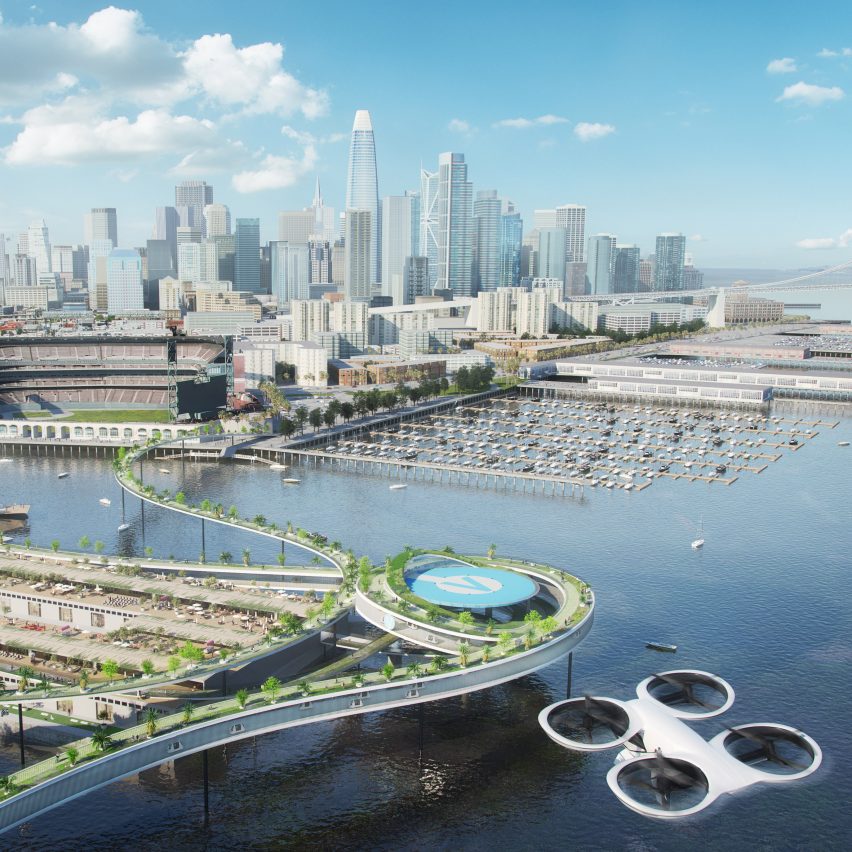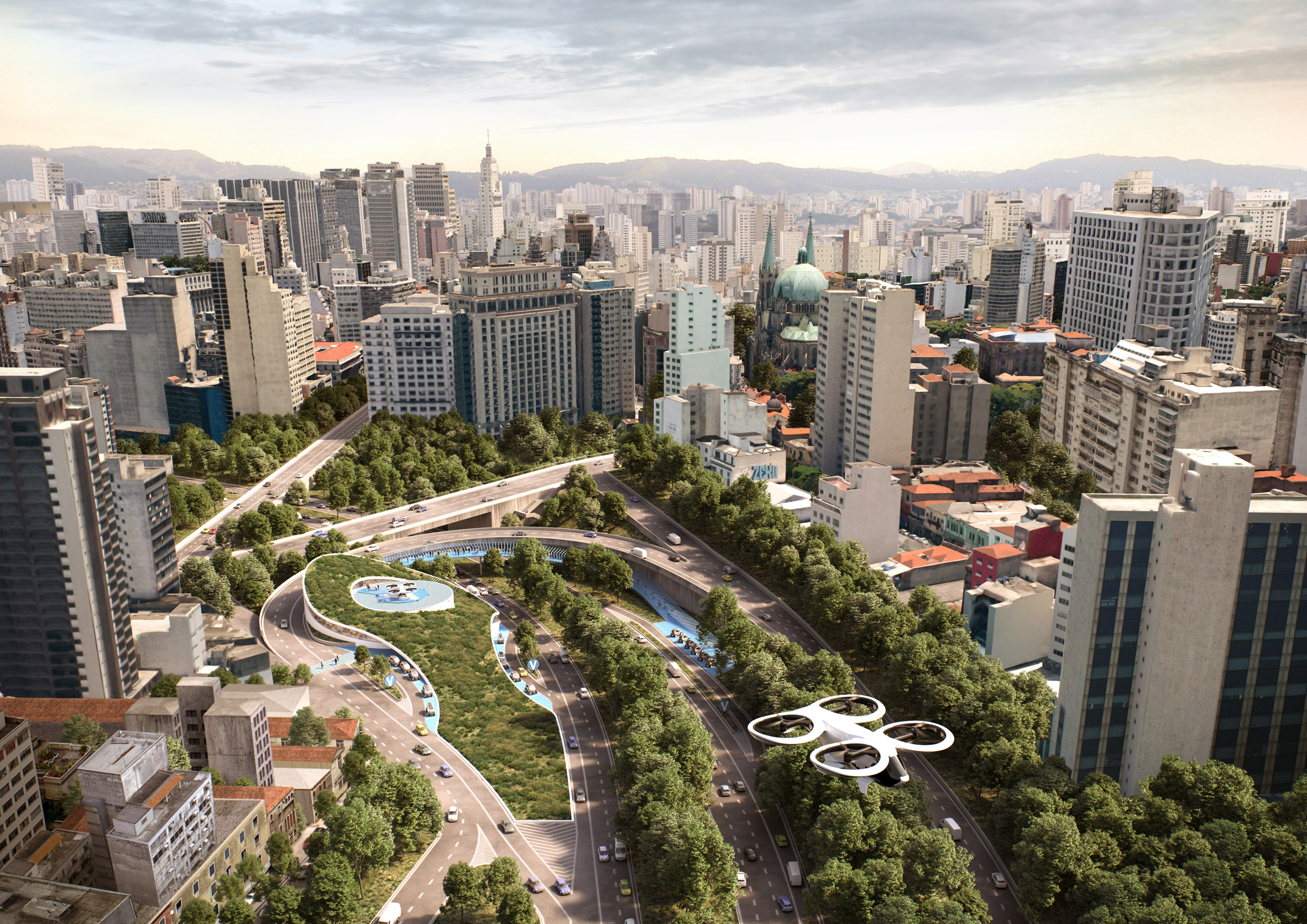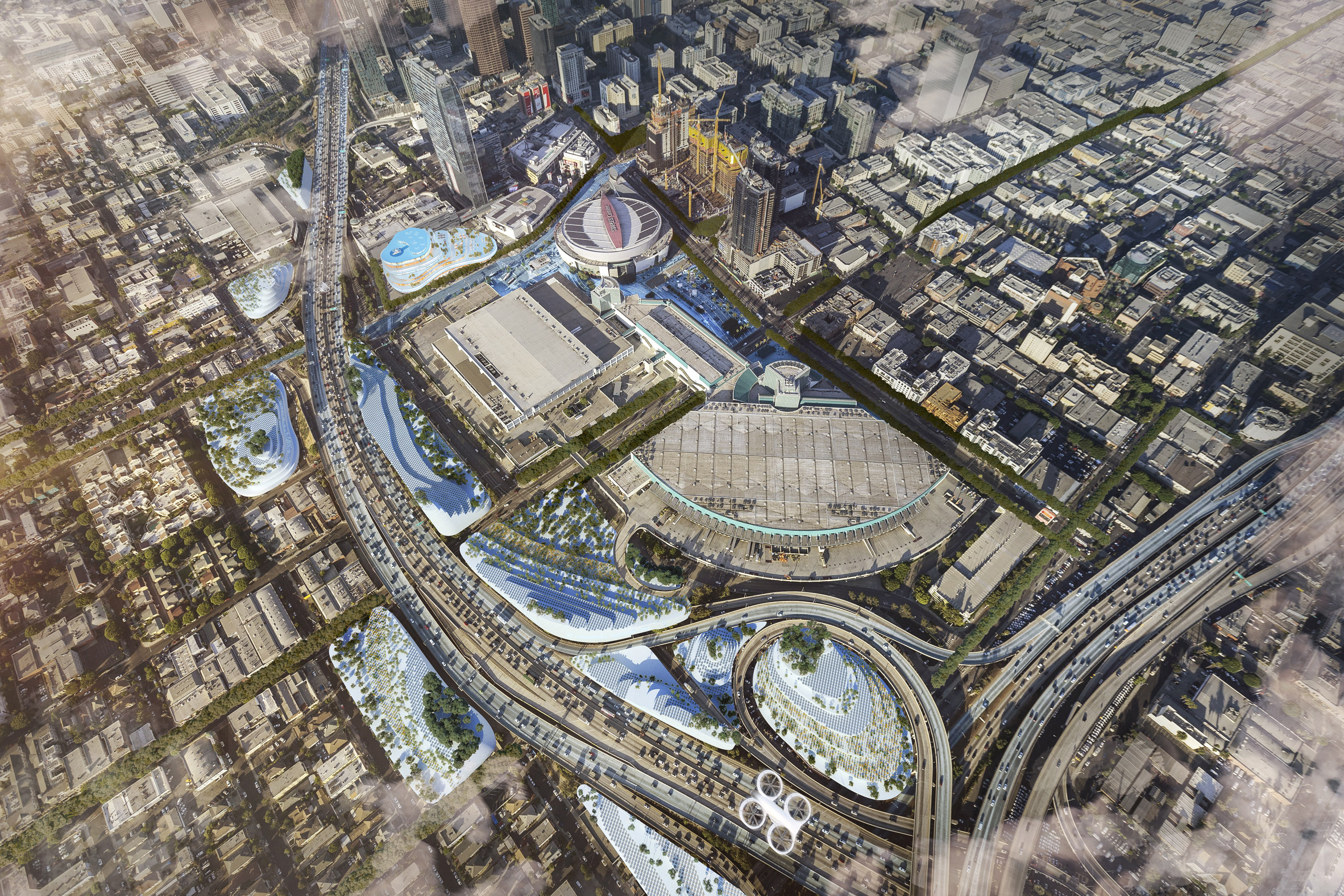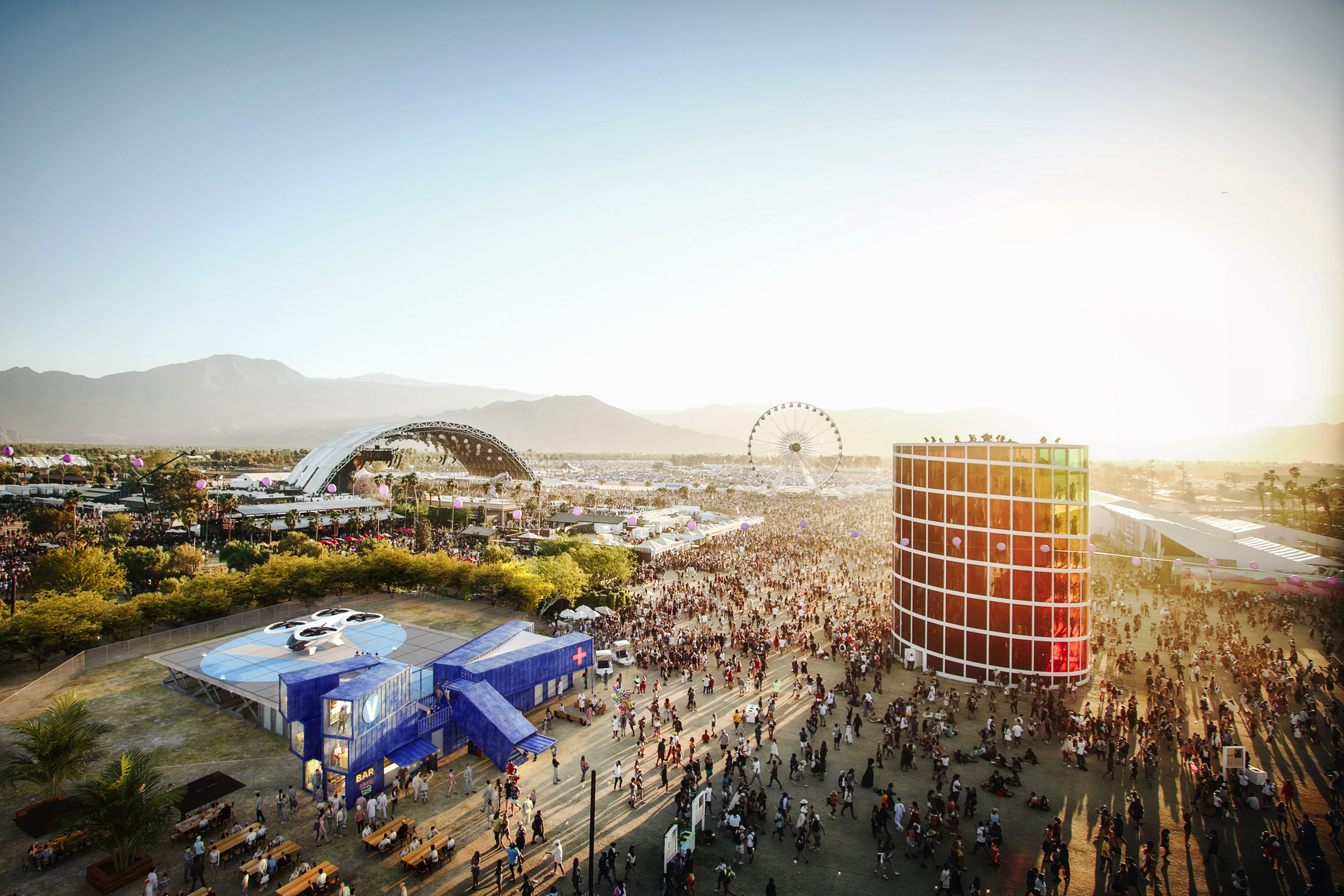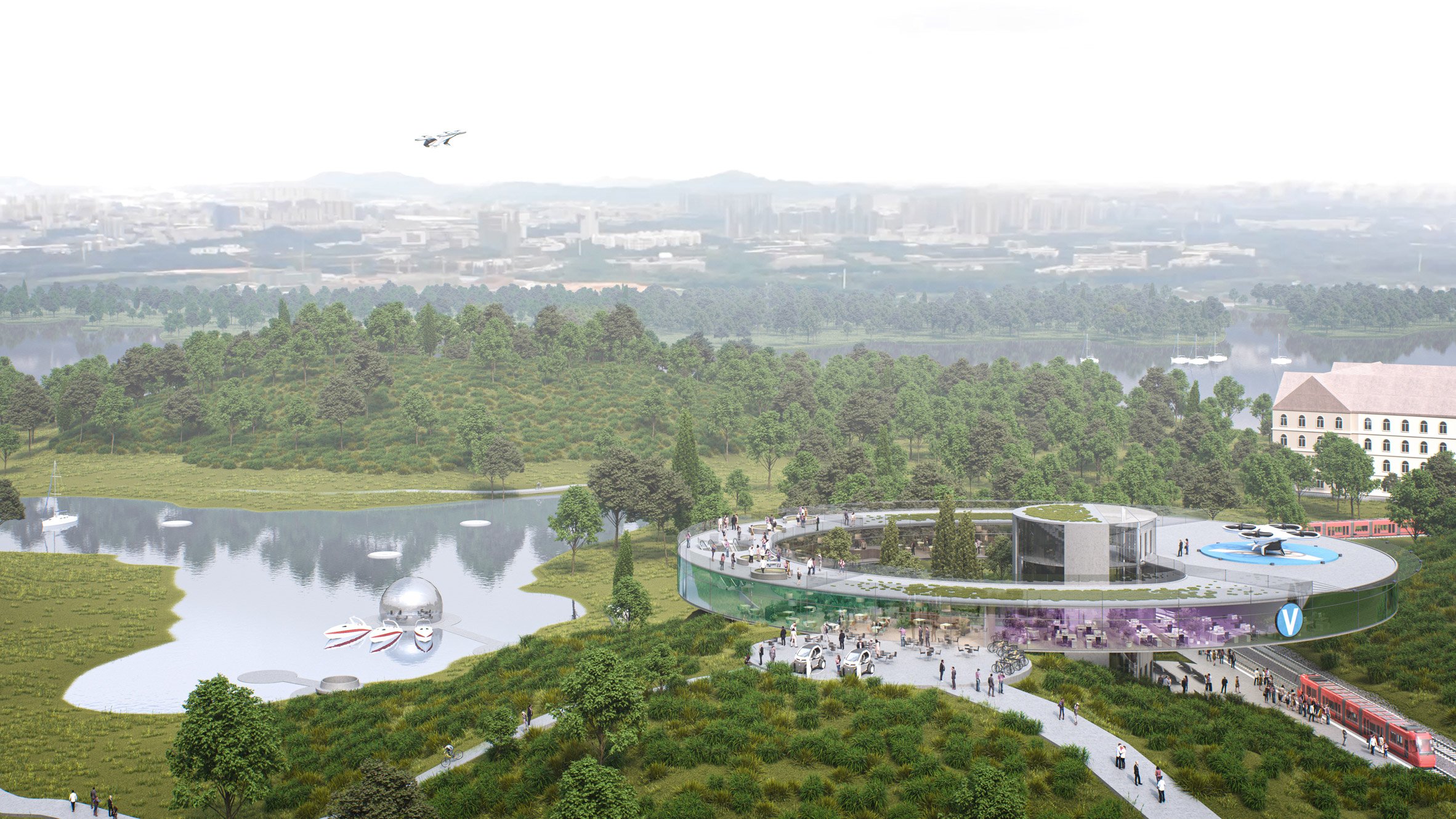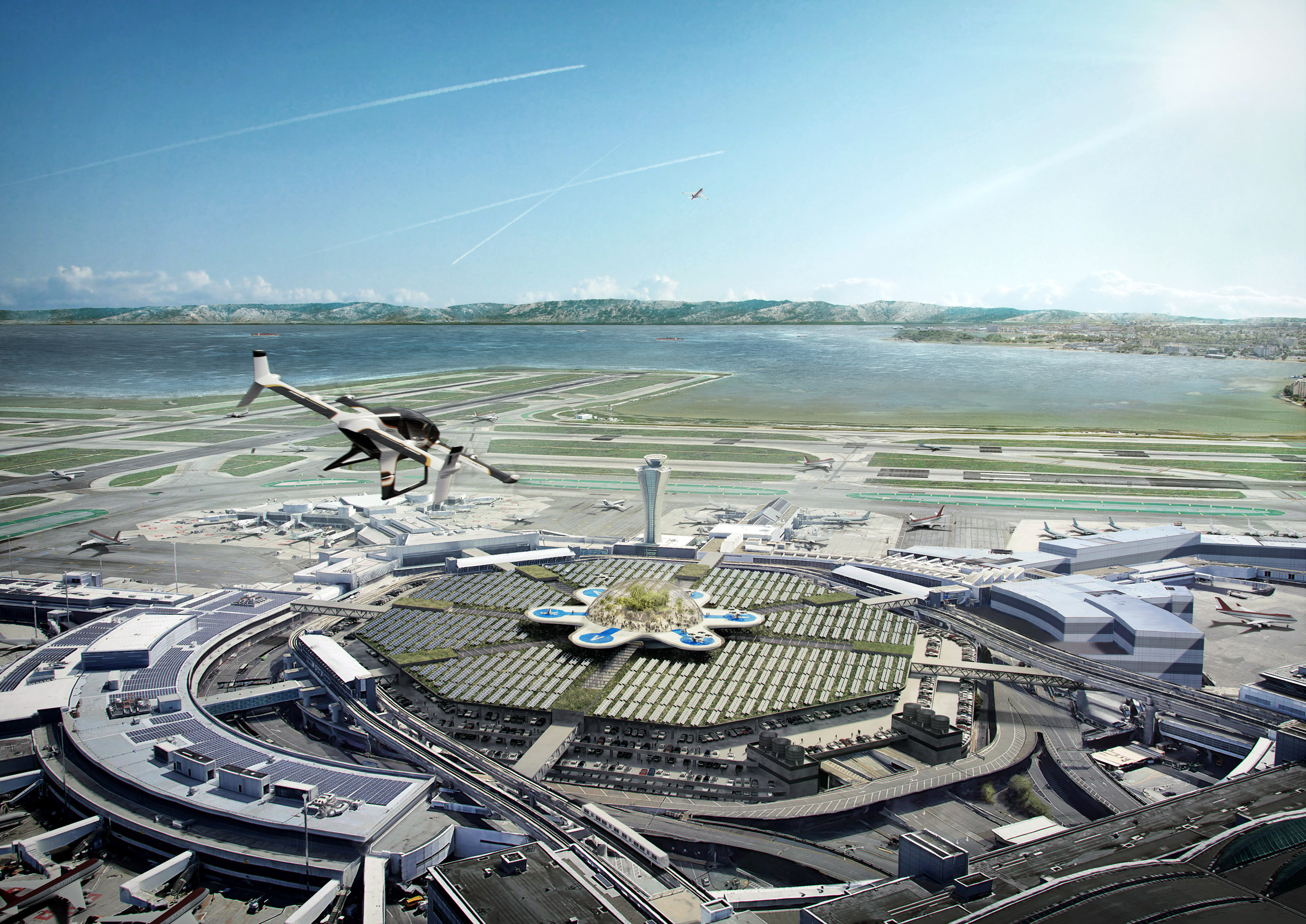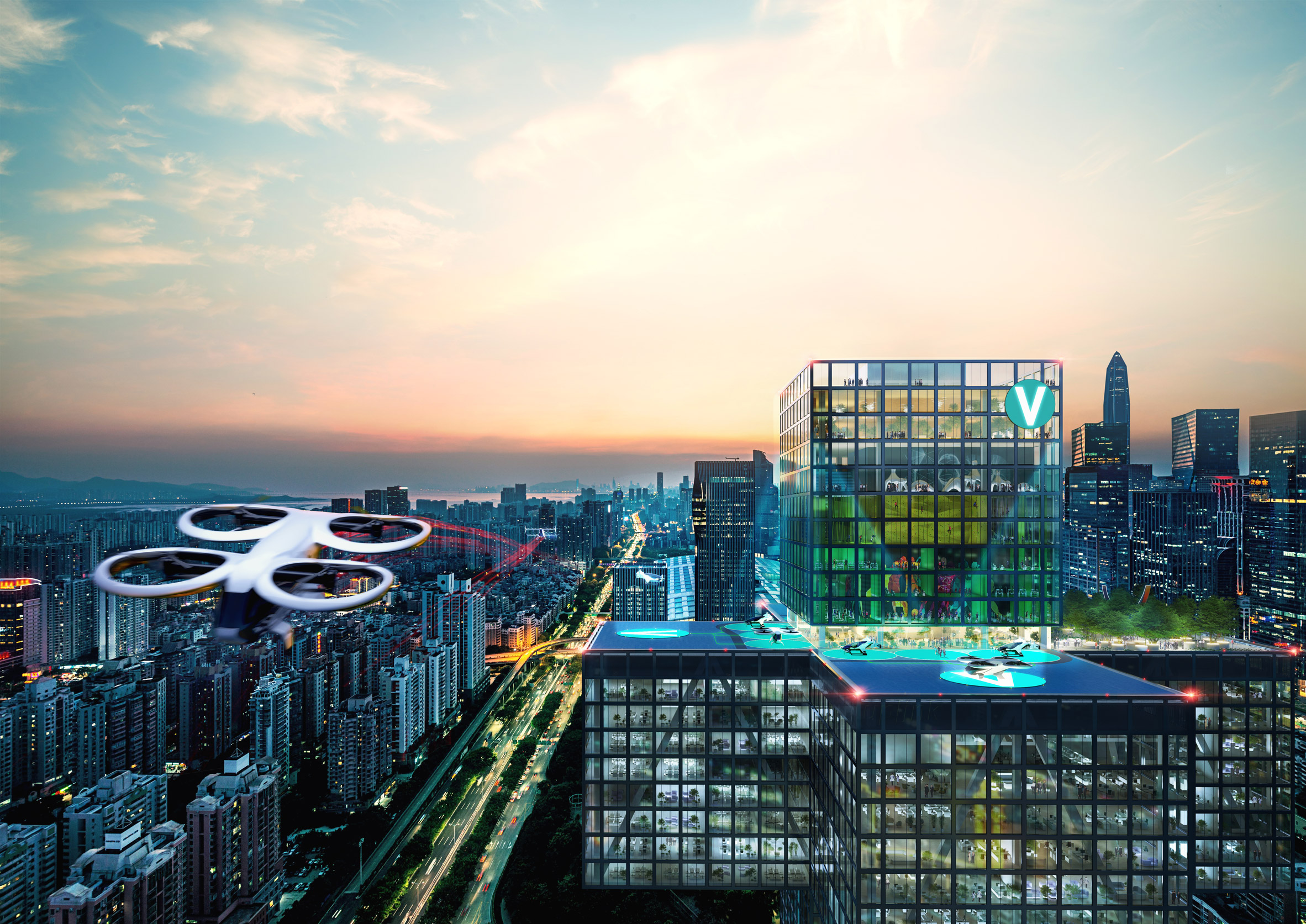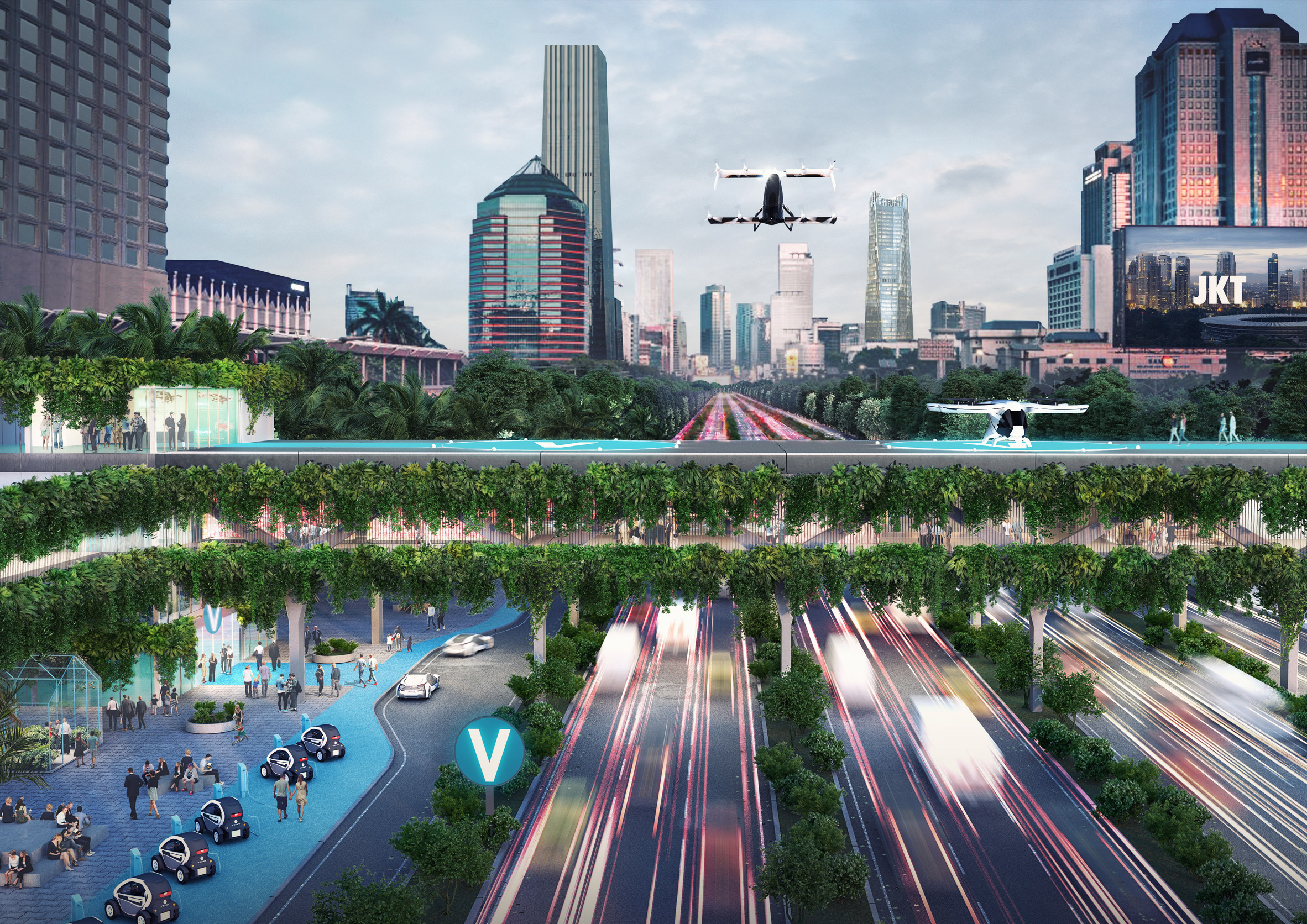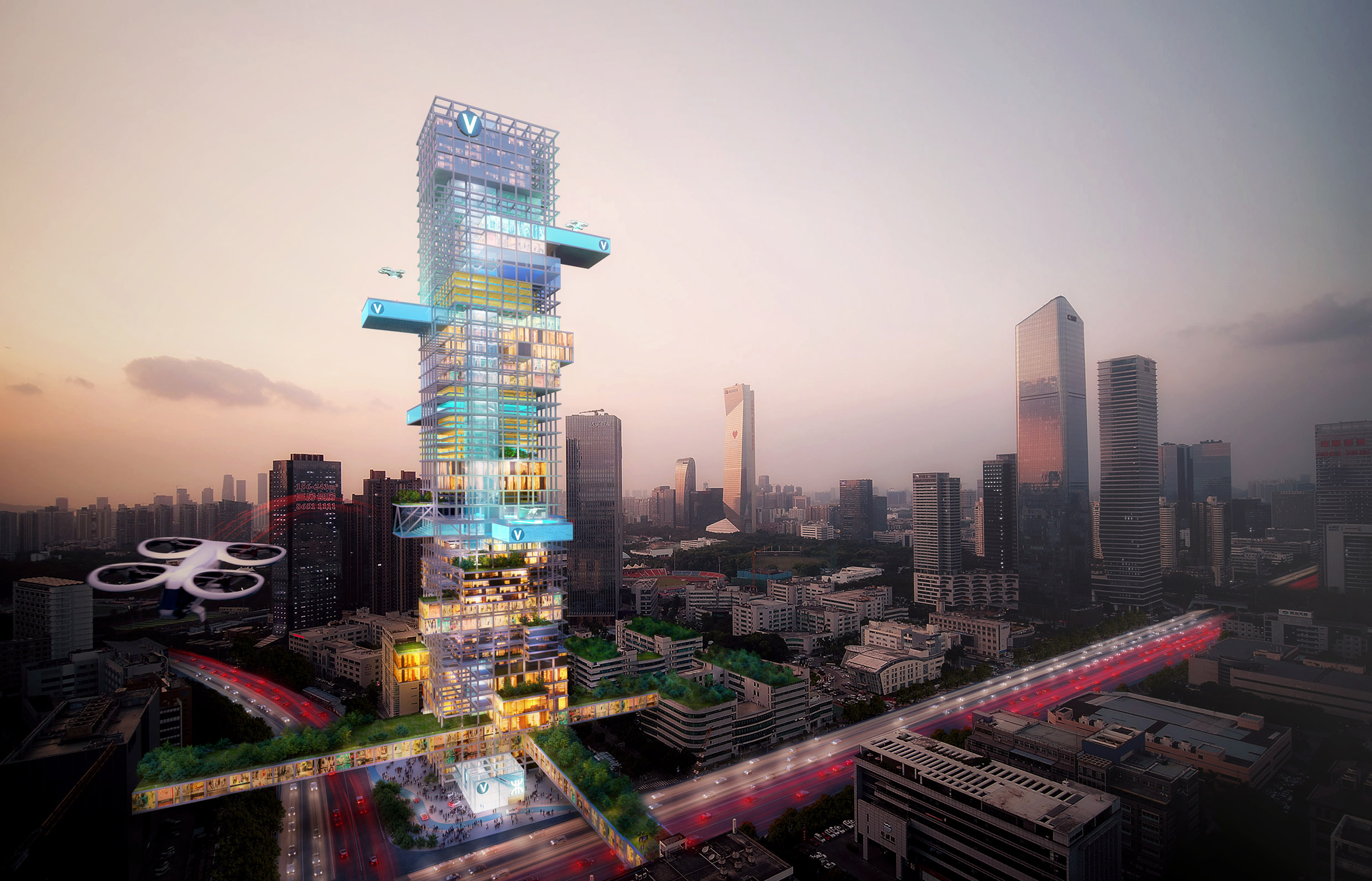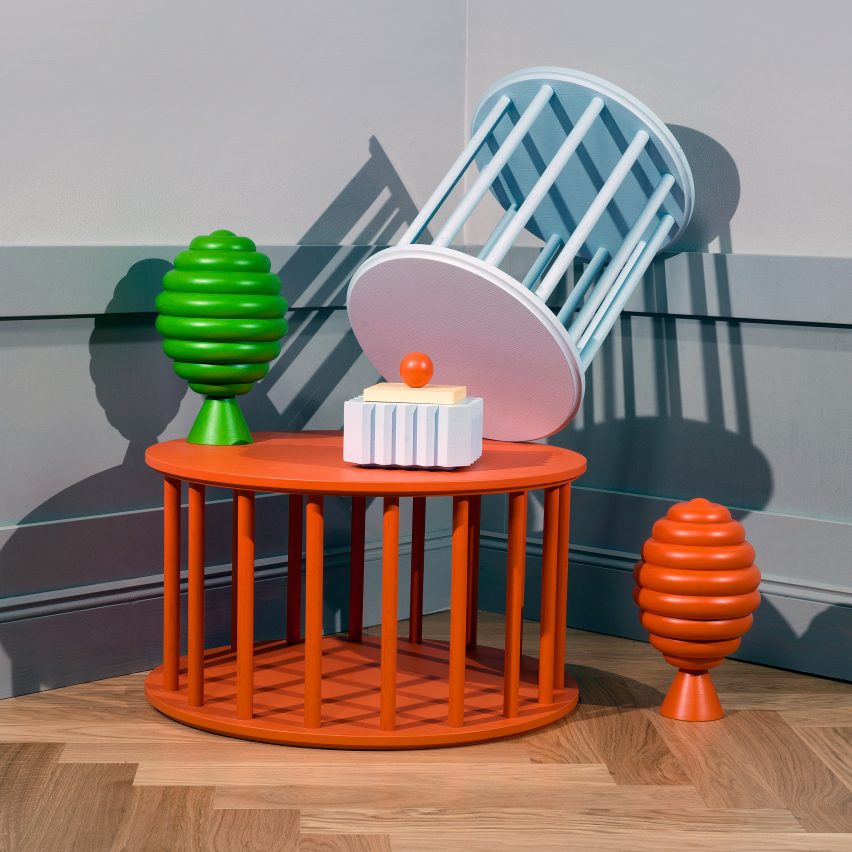
Finnish design brand Made by Choice has released a series of furniture and products that typifies its playful Nordic style, including a cabinet punctured by hundreds of holes and a collection of colourful wooden boxes.
Made by Choice was one of the young brands to exhibit at the recent Stockholm Furniture & Light Fair, where it unveiled additions to its collection that offer a modern take on traditional Nordic design.
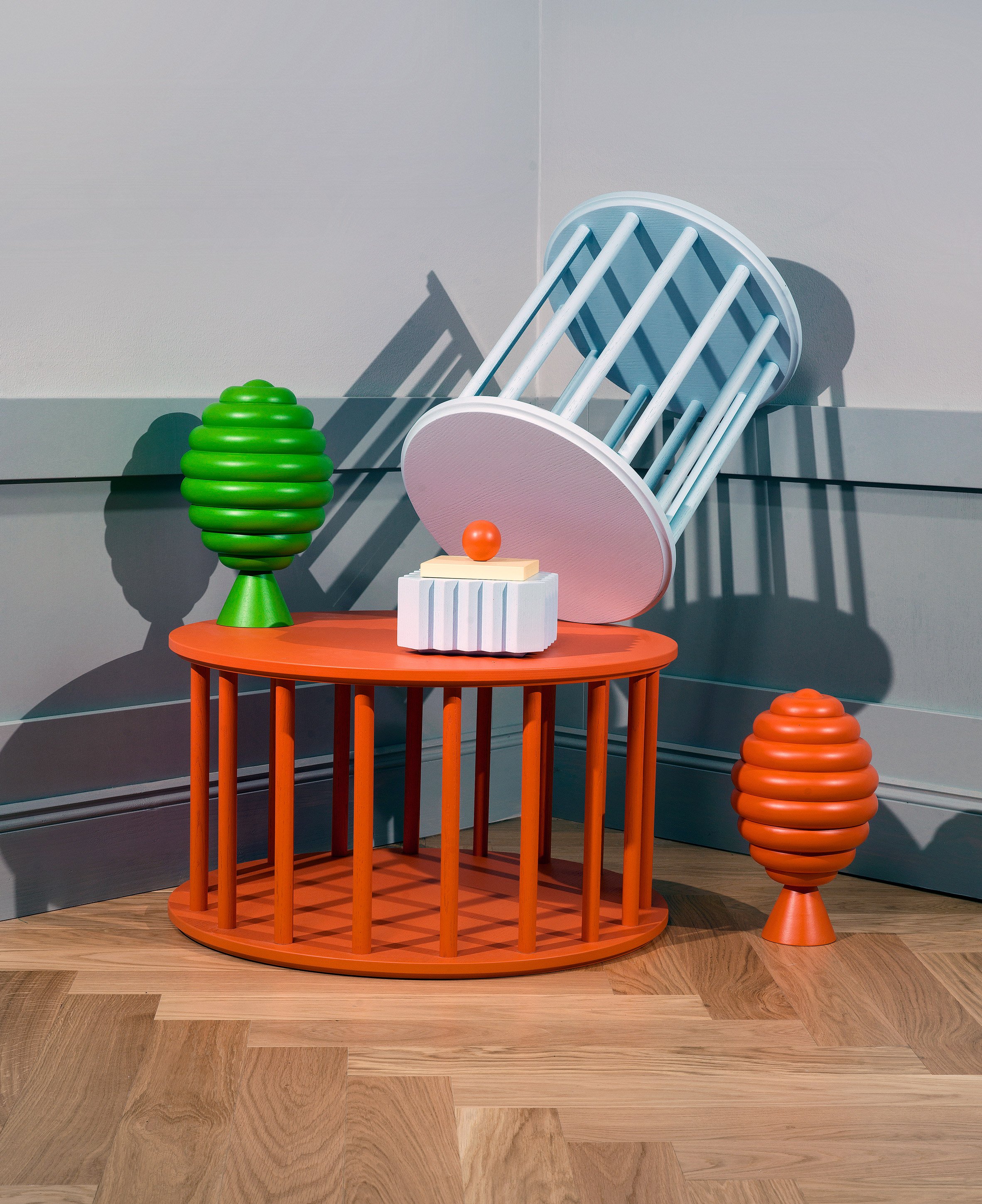
The often cartoonish shapes, quirky details and bright colours of the products contribute to a playful attitude that the company describes as "nordic happiness".
The new releases include chairs by Matti Klenell, Shane Schneck and Thomas Sandell, as well as two tabletop products designed to function as boxes by Hanna Anonen.
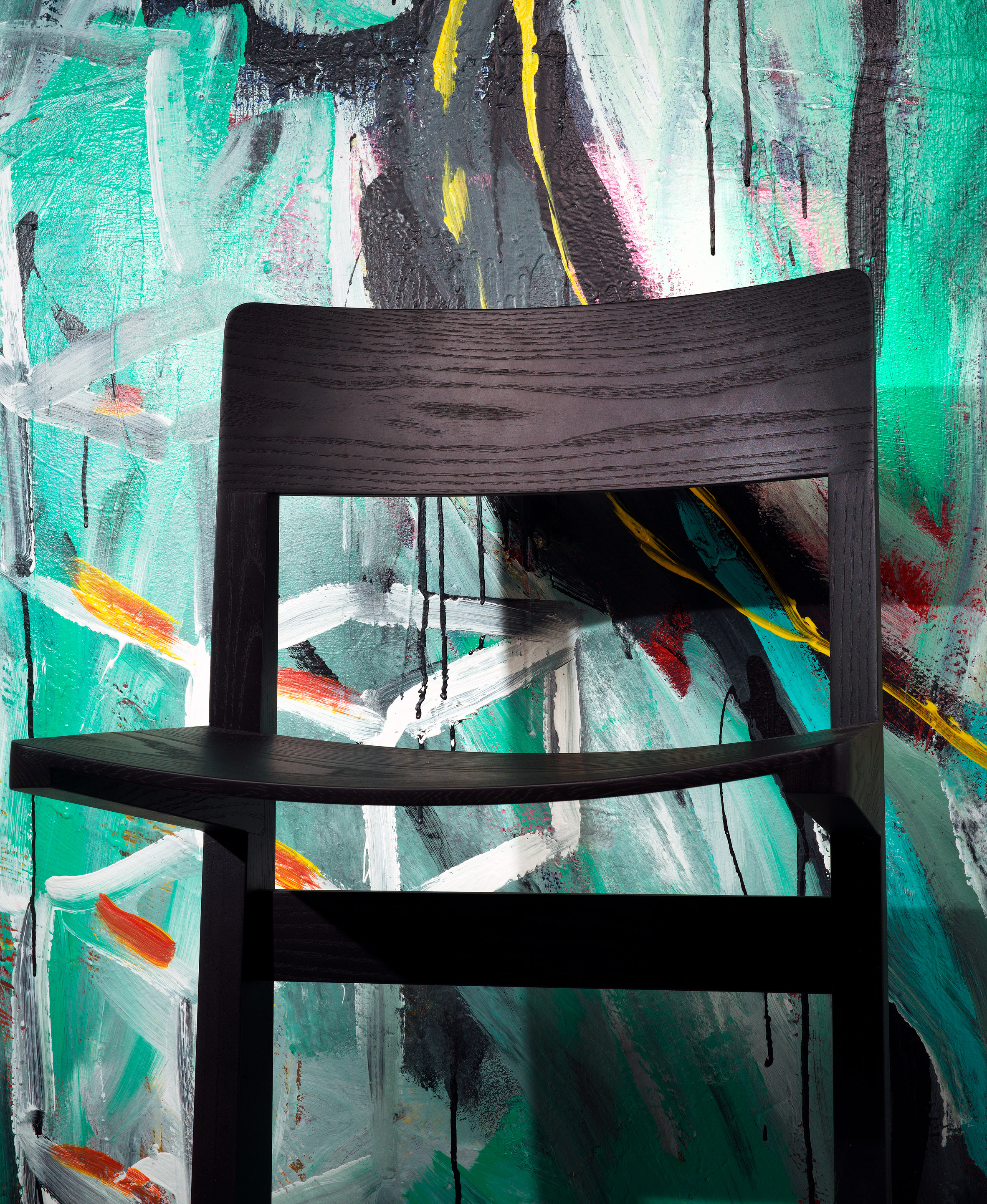
The Punc chair by Stockholm-based American designer Schneck has a cantilevered seat supported by a geometric frame with an architectural profile.
The ash frame's solidity is softened by the curved seat and backrest, which are made from moulded plywood to ensure improved comfort.
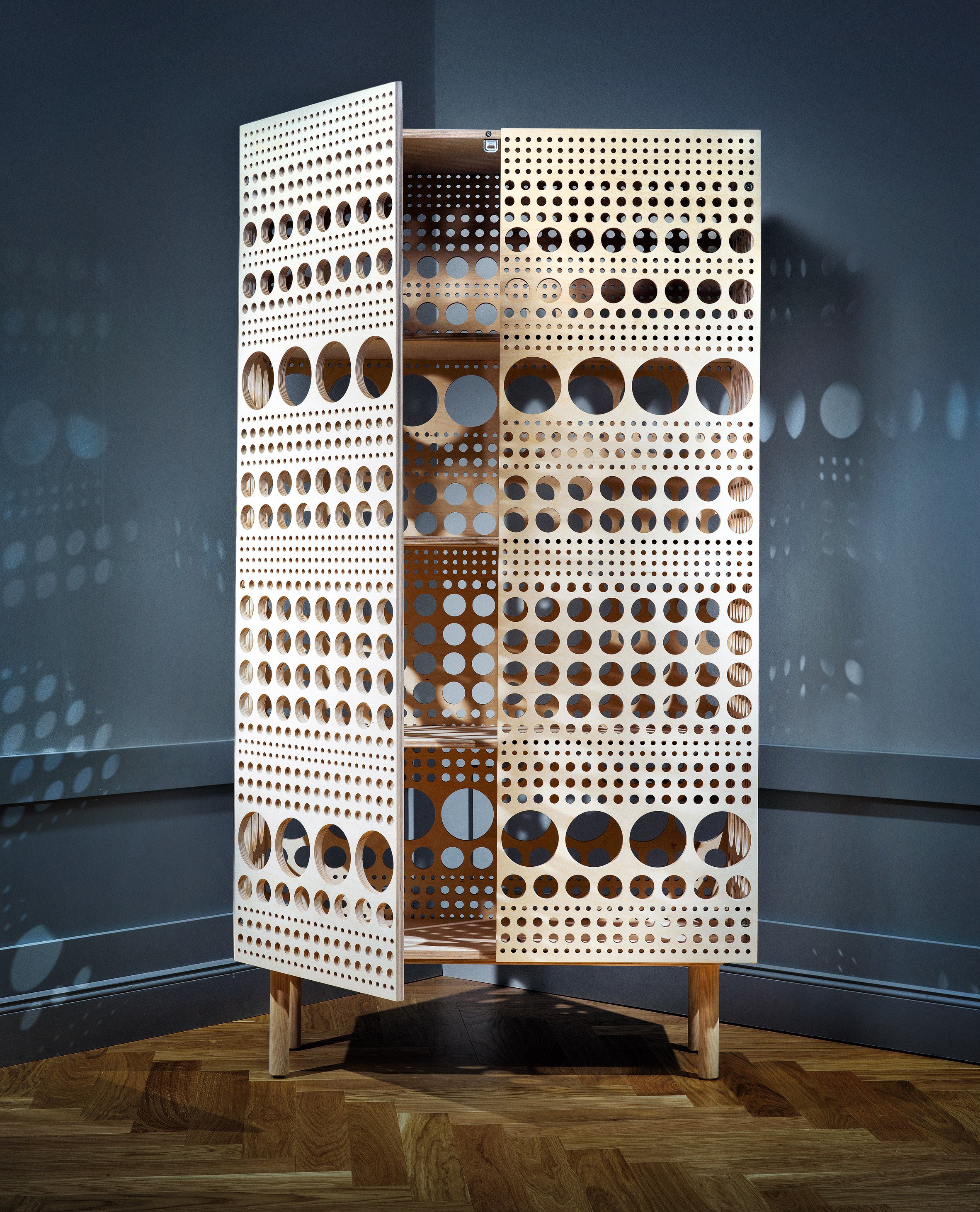
Klenell's Laulu cabinet is made from birch plywood that has holes of varying sizes cut into the surfaces to create a bold pattern. The cabinet is intended for storing and displaying items as well as dividing a room.
The Goma chair and armchair by Sandell feature chunky, rounded frames made from laminated plywood that support upholstered seat cushions.
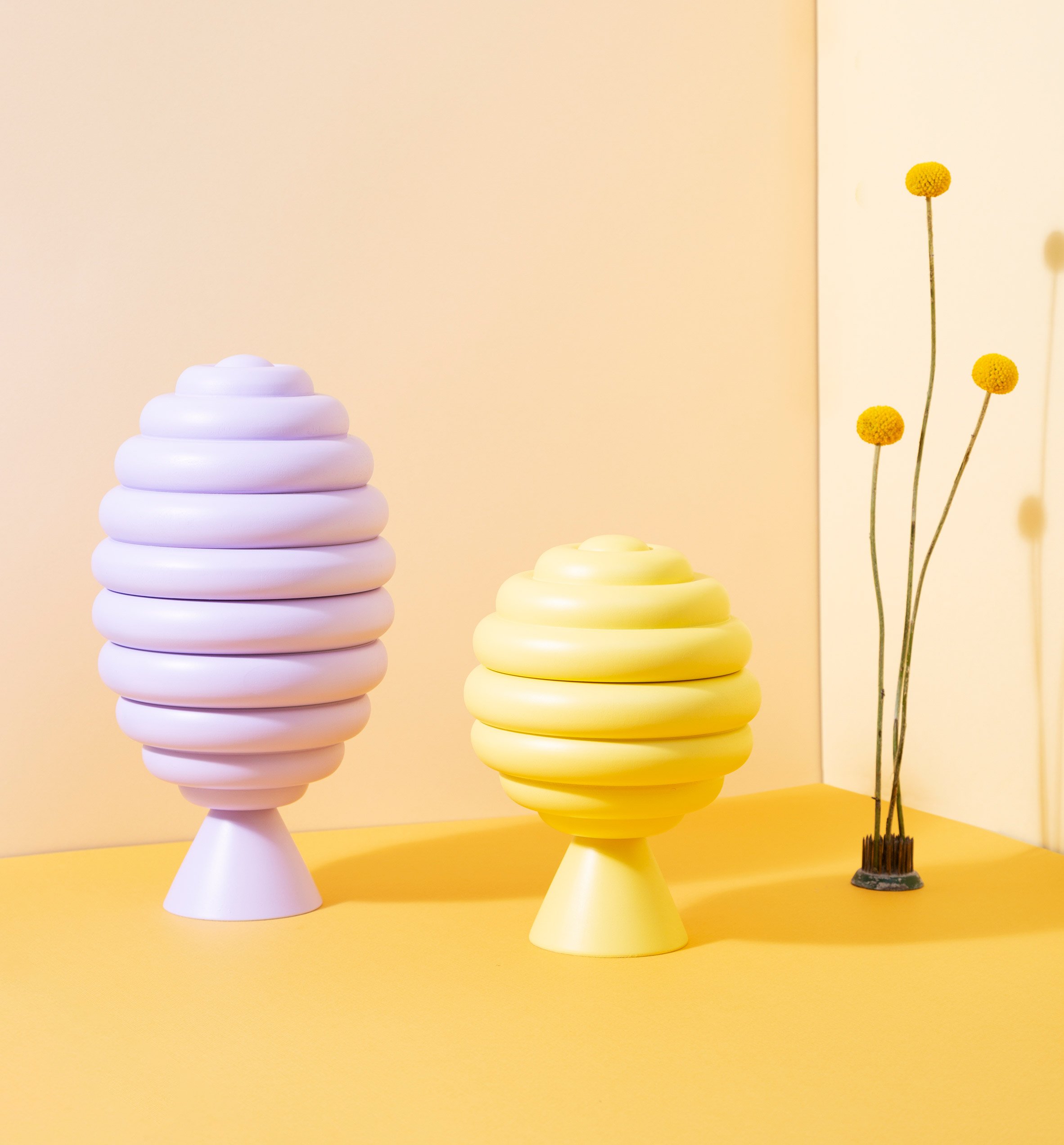
The brand also presented a pair of wooden boxes by Finnish designer Anonen. The Beebee container is inspired by Fabergé eggs and comes in a range of sizes, while the multicoloured Plizé box features a serrated outer edge and a lid topped with a spherical handle.
The latest products build on the success Made by Choice has enjoyed since it was established in 2016 by former financier Niclas Ahlström and designers Lasse Laine and Sebastian Jansson.
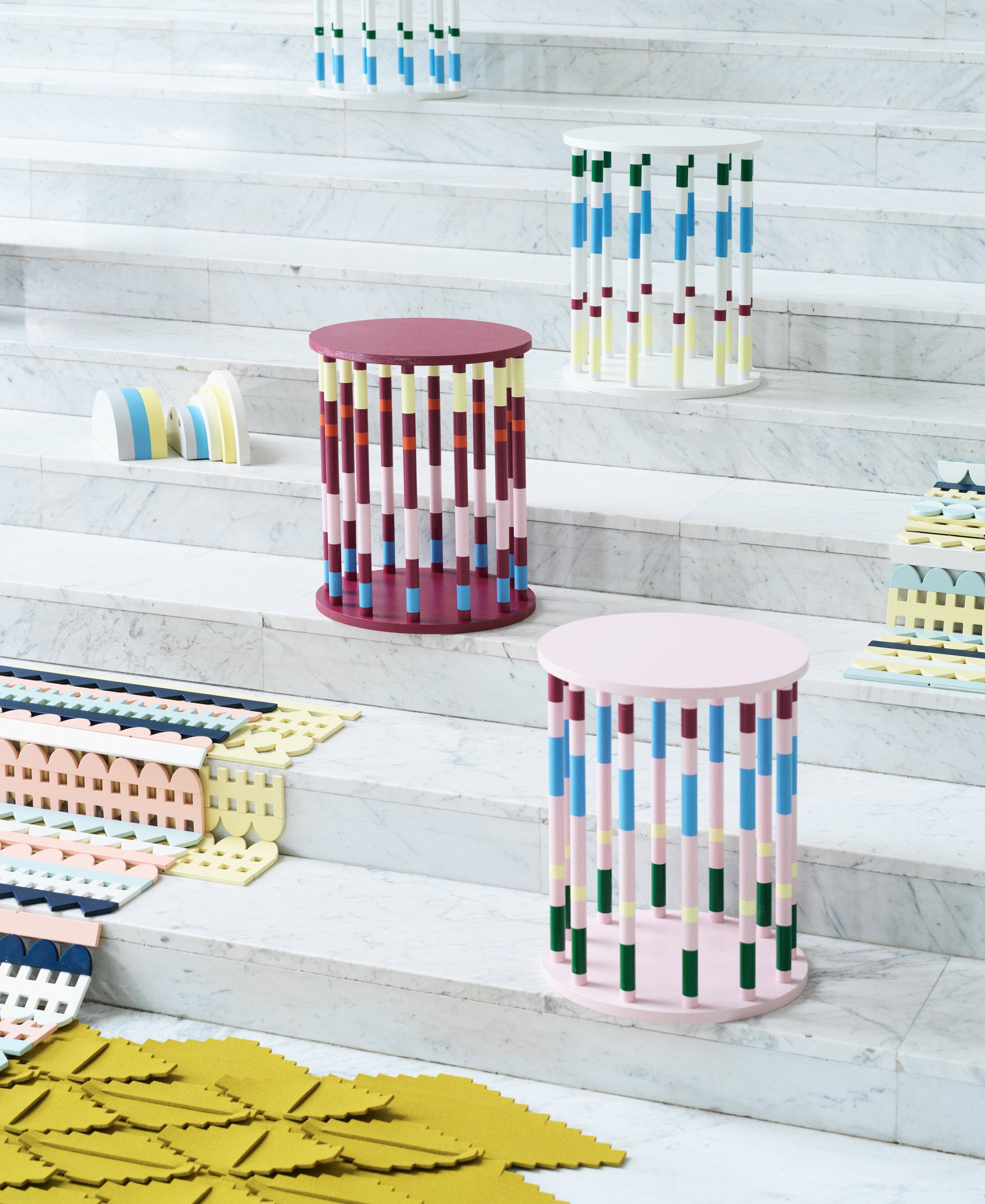
Speaking to Dezeen at the fair, Ahlström and Jansson explained how they work with designers to develop products that respond to contemporary needs, whilst also allowing for flexibility and bespoke alterations.
"Our goal is to establish a design house for the 21st century that is rooted in the traditions of Finnish woodwork but merges this with modern technology and interesting creators," said Jansson.
"We're trying to nourish this idea of collective creation and turning the whole operational model a bit on its head, bringing the client into the process together with the interior architects and designers," Ahlström added.
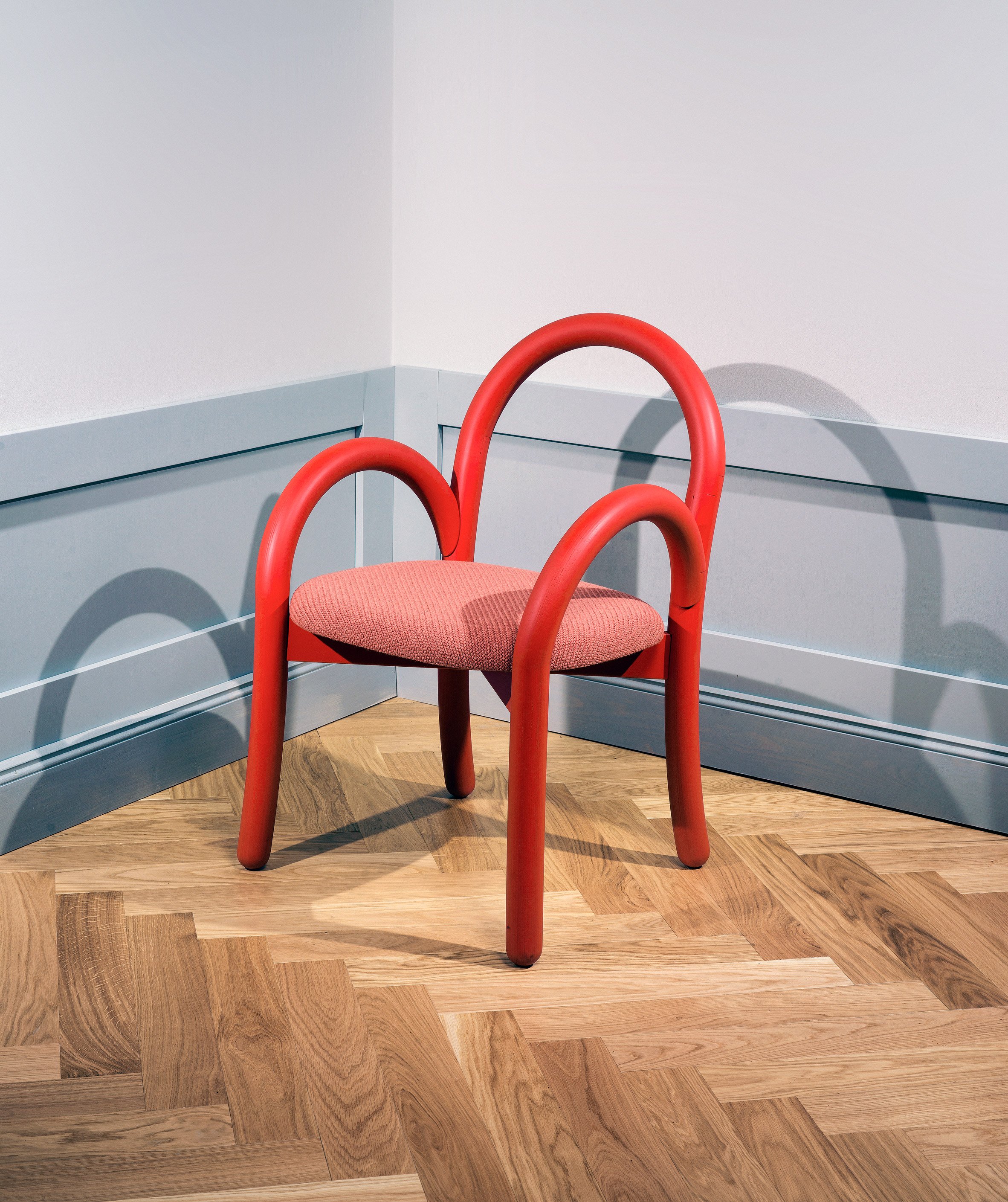
The company's founders initially worked at the intersection of design and production, using their experience and contacts within the manufacturing industry to help creative agencies realise ideas for their clients.
Moving into producing their own furniture was a logical step that enabled them to take advantage of the artisanal skills and production facilities available in southwest Finland.
The brand's first products were items it had produced for earlier client projects, but it gradually began working on its own designs and collaborating with external designers.
In 2018, Made by Choice launched a collection of wooden furniture by Joanna Laajisto that the designer initially developed for a bed and breakfast in the Finnish town of Turku.
In 2019, the company worked with artist Matthew Day Jackson and surface specialist Formica on a chair that combines a curved formica seat with a wiggly wooden frame.
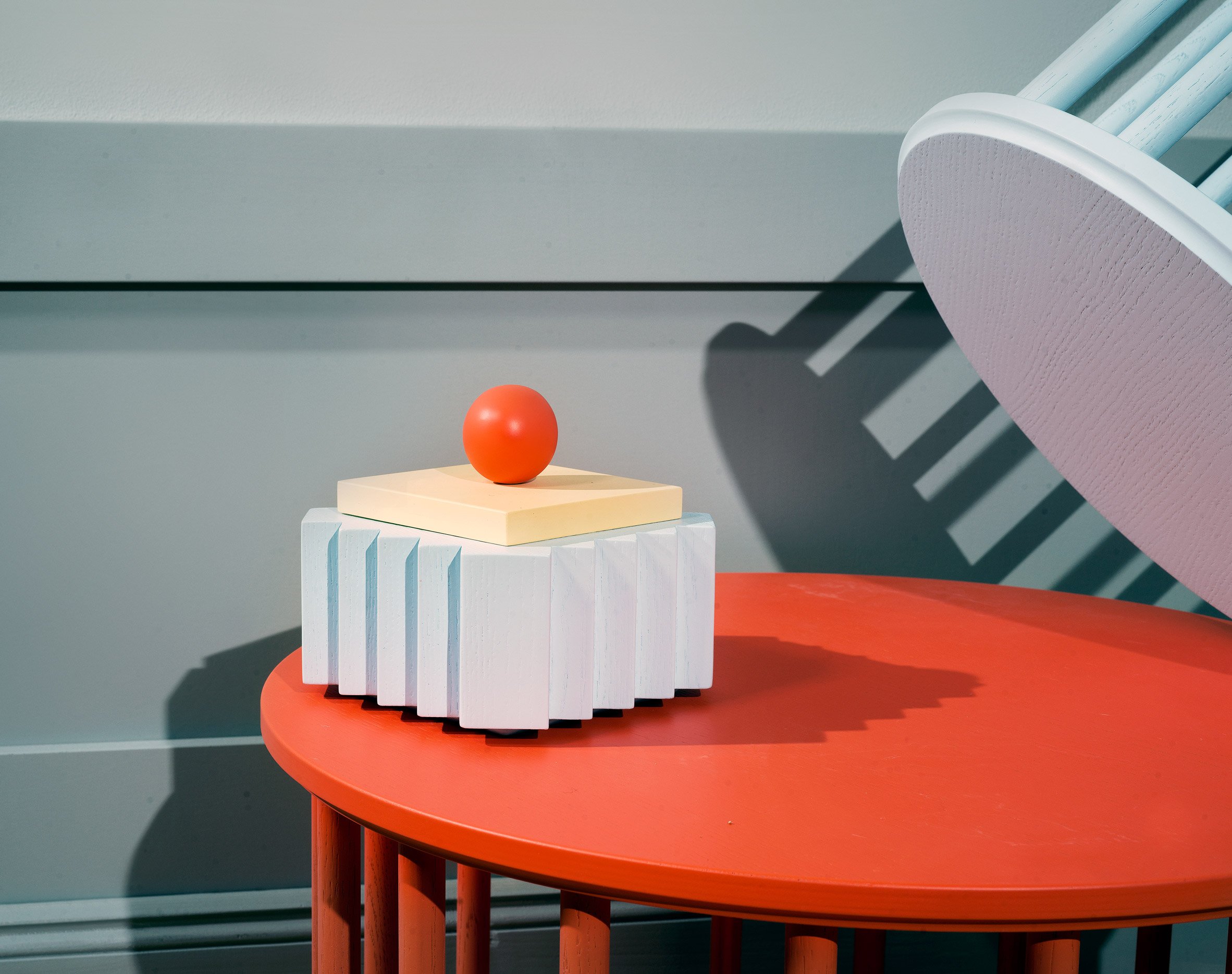
All of the designs Made by Choice presented in Stockholm can adapt to the user's specific needs, allowing them to specify different sizes, materials, colours and finishes.
The founders explained how this agile approach to manufacturing informs the development of products that are straightforward to produce in bespoke configurations.
"We work on open product platforms, so we encourage designers to create a product family that is customisable," said Jansson. "We cannot be the ones telling people what they need. People know what they need and these needs change over time."
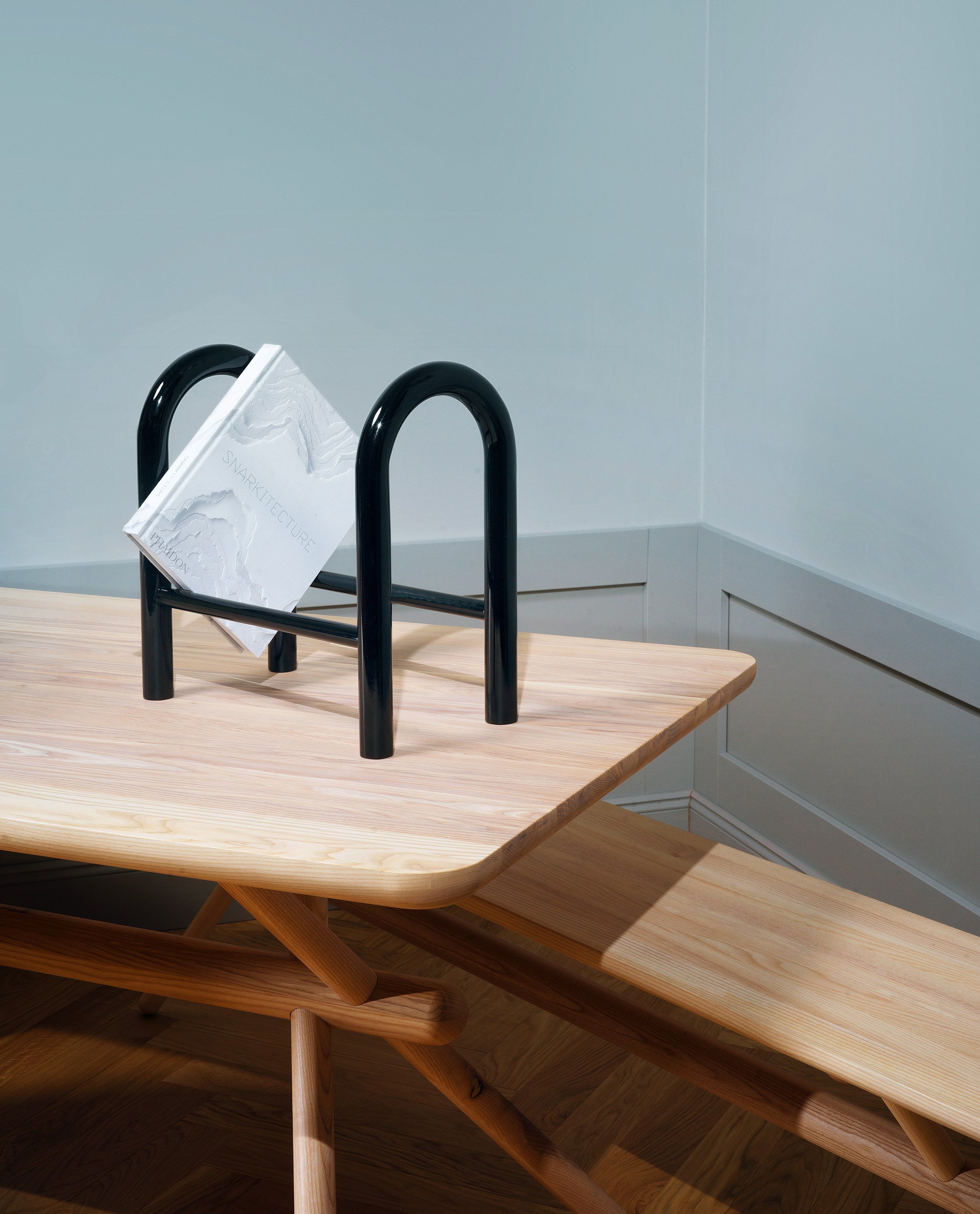
To support this way of working, Made by Choice has also developed an augmented reality app that allows customers to alter the design of the products and view them in context using a phone or tablet.
The company continues to work on large-scale commercial projects such as offices, hotels and restaurants, whilst also opening up new retail channels around the world to sell direct to consumers.
The post Made by Choice launches cartoonish chairs and tables that embody “nordic happiness" appeared first on Dezeen.
from Dezeen https://ift.tt/2Tv6rwE
